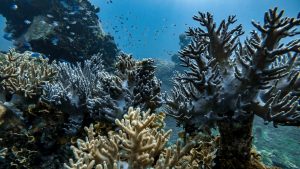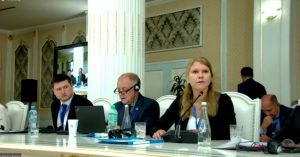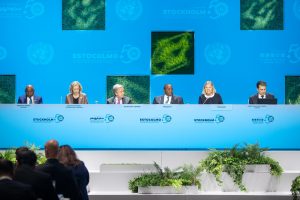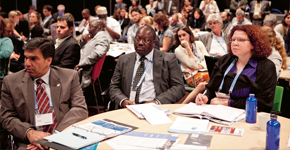Key messages to the Rio+20
The United Nations Conference on Sustainable Development in Rio de Janeiro (Rio+20), to be held June 20-22, provides an opportunity for global leadership to harness economic activity at all levels to catalyse sustainable development and eradicate poverty.
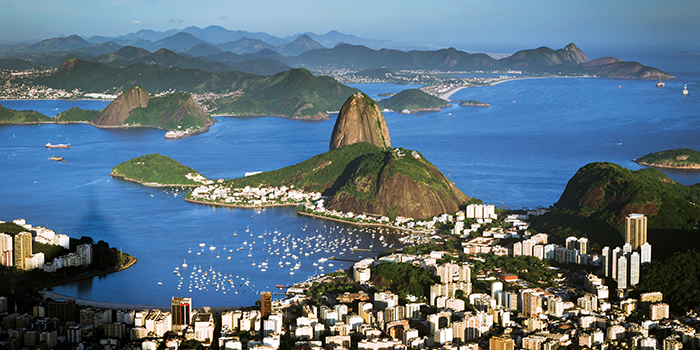
The 6th World Water Forum, taking place in Marseille from March 12-17, is an important stepping stone to strengthen the voice of water in the process leading up to Rio+20. At this juncture, the Stockholm International Water Institute strongly urges that following points are emphasised in the outcome of Rio+20:
1. Set Sustainable Development Goals for water, food and energy
The foundation for a resource efficient green economy must be built upon water, energy and food security – and these issues must be addressed in an integrated and holistic manner.
The outcome of Rio+20 should explicitly:
- Recognise the strong interdependence between long term sustainable energy supply and sustainable water resources management.
- Recommend that the Sustainable Development Goals should include targets to increase total food supply-chain efficiency from field to fork, to increase water efficiency in agriculture, and to increase water use efficiency in energy production.
2. Integrate water in climate adaptation and mitigation policy and implementation at all levels
Our ability to mitigate and adapt to the impacts of climate change requires an improvement in the management of water as a natural resource, an economic asset and as a hazard. It is therefore critical that the cross-cutting nature of water is fully acknowledged and that water management is fully integrated into climate adaptation and mitigation measures.
The outcome of Rio+20 should explicitly:
- Emphasise the vital importance of integrating water resource management in national climate adaptation and mitigation plans and measures; and in this acknowledge that support to climate interventions need to be site specific and built upon local knowledge and capacity.
- Recognise the vital importance of addressing water comprehensively through the establishment of appropriate policy measures and programmes at local, regional and global levels, including within the UN Framework Convention on Climate Change.
3. Call for more effective cooperation on transboundary waters
Increasing population, economic growth and climate change will likely intensify tensions over transboundary water resources around the globe. Multi-country dialogue and cooperation over transboundary waters is an effective vehicle to promote improved relations between nations and opens opportunities for more productive water management.
The outcome of Rio+20 should explicitly:
- Recognise the importance of increasing efforts to advance cooperation on transboundary waters as a means to promote development, poverty reduction, regional integration and the advancement of peace and stability, fostering trust and coinvestments.
4. Establish good water governance as a prerequisite for sustainable development
Forming transparent and participatory governance processes is critical to ensure the sustainable and equitable use of water resources and to expand the delivery of clean water supply and sanitation services to all people.
The outcome of Rio+20 should explicitly:
- Recognise the importance of transparency, accountability and integrity as part of the efforts to improve water governance and prevention of corruption.
- Emphasise that availability and public accessibility of information is central for improved water governance. This also includes transparent budgets, which enables stakeholders to identify priority areas, potential funding gaps and track resource allocations.
- Encourage countries to set up procedures for local stakeholder participation in planning, budgeting and implementation of reforms related to water resources and water supply and sanitation.
